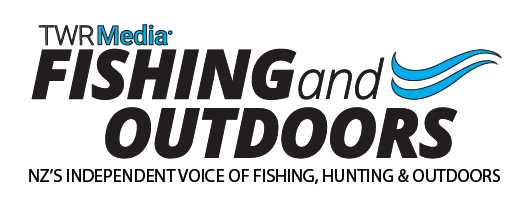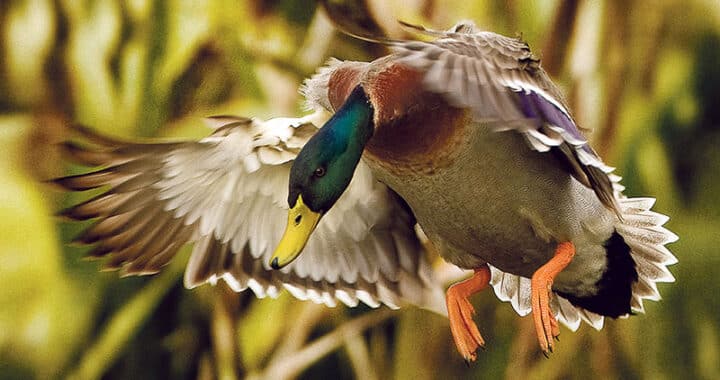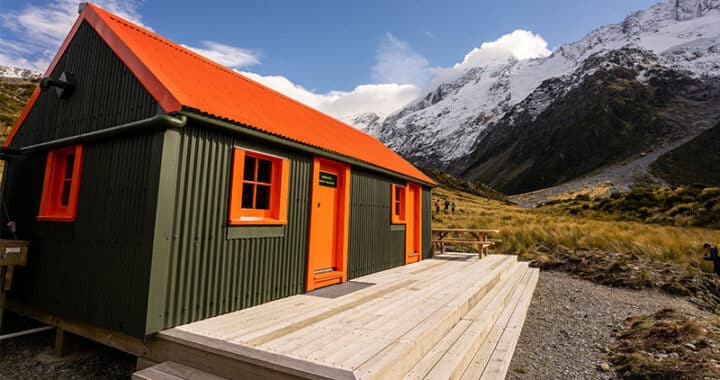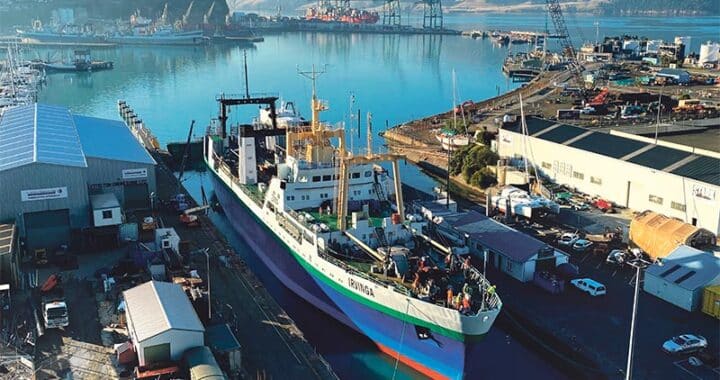Collaborative deer management project for Fiordland
2 min read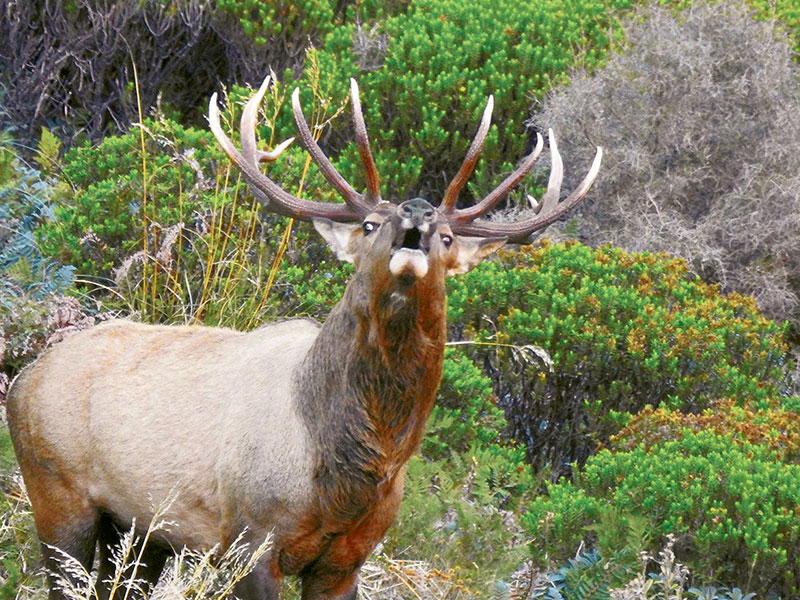
Wapiti, also referred to as elk, are the largest species of round horned deer in the world. Photo: Supplied
A deer management project intended to partially address the gap left by the reduction in wild animal recovery operations (WARO) due to depressed wild venison prices is about to get underway in Fiordland National Park.
This new project has been jointly developed by the Department of Conservation (DOC), Fiordland Wapiti Foundation (FWF), and the Game Animal Council and is designed to supplement existing management programmes, such as that annually undertaken by the FWF.
“Management will occur at locations to the west of the Murchison Mountains and south of the established wapiti range,” said DOC’s George Ledgard.
Wapiti, also referred to as elk, are the largest species of round horned deer in the world. The Fiordland herd is the only free-range wapiti herd in the Southern Hemisphere.
“Monitoring in these areas indicates that with less WARO in recent years, work is needed to reduce deer numbers and protect sensitive alpine species such as the mountain buttercup and Fiordland mountain daisy.
“Importantly, the project will help maintain the high conservation values of both the Murchison Mountains, home of the takahē, and Secretary Island, Fiordland’s largest deer free island, which is within swimming distance of the mainland.”
The buffer control work, which will also protect the wapiti area from incursion by red deer, is being partially funded by the FWF, president Roy Sloan said.
“It is hoped that some of the deer close to the wapiti boundaries will be recovered.
“Specifically targeting around 300 females – the breeding animals – the project will also support the local helicopter industry that has been heavily hit by both the downturn in tourism and wild venison prices.”
The nearly 20-year partnership between DOC and the FWF, which includes game animal management and pest control programmes, has helped protect vulnerable native species while achieving a lower-density, high-quality wapiti herd prized by recreational hunters.
“The development of this programme and the ongoing collaboration between the hunting sector and DOC in Fiordland is a model for progressive game animal management in New Zealand,” said Game Animal Council’s Tim Gale.
“It is also an illustration of how well-planned management benefits both conservation and hunting with the reward being better hunting in an improved ecosystem.”
The programme is due to get underway during the next period of stable weather and will run over the next few months.
